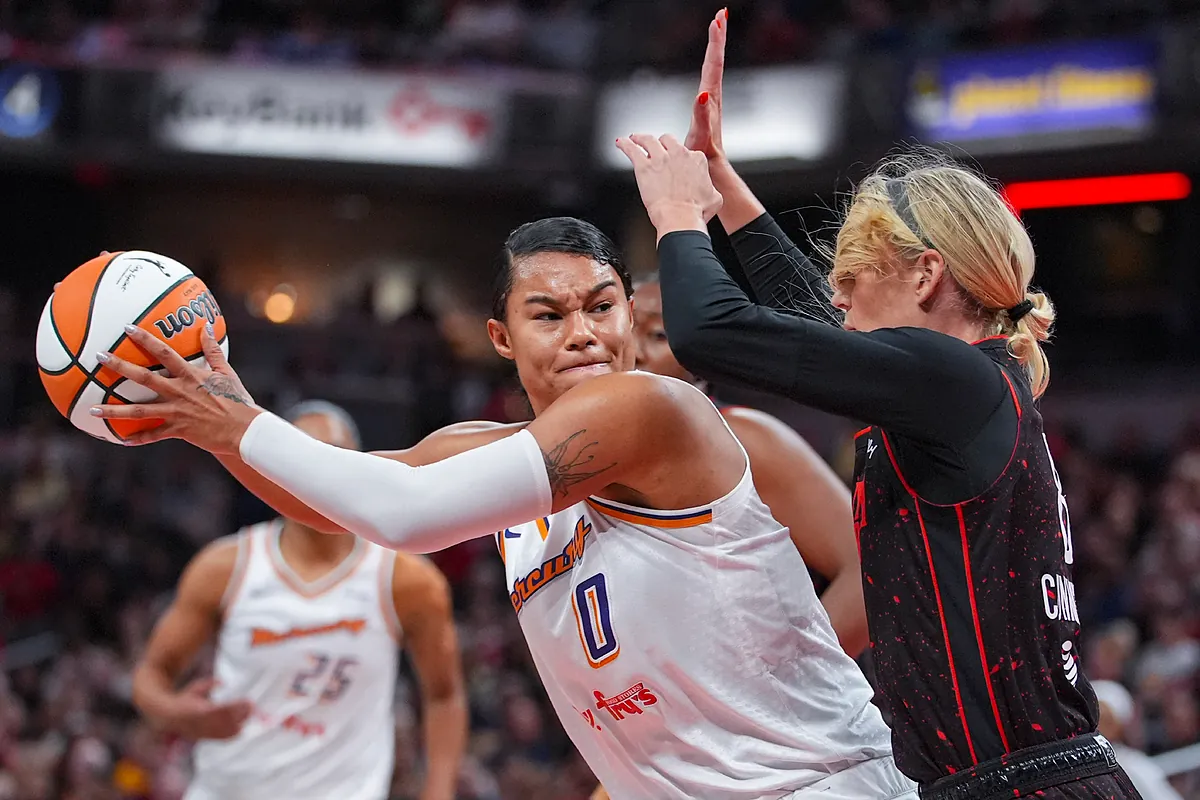WNBA Stars Sound Alarm: Demanding Schedule Threatening Player Health

The WNBA is facing a growing chorus of concern as players voice their anxieties over a grueling and increasingly demanding schedule. What was once a simmering undercurrent of frustration has erupted into open discussion, with prominent players like Phoenix Mercury forward Satou Sabally leading the charge. The issue isn't about dazzling plays or impressive statistics; it’s a serious question of player wellbeing and the long-term sustainability of the league's star power.
Sabally recently ignited the conversation, expressing her worry that the current schedule, packed with games and minimal rest, is pushing players to their physical limits and increasing the risk of injuries. Her comments resonated with many others in the league, who echoed her sentiments about the unsustainable pace. The WNBA season is notoriously long, and the travel demands are significant, adding further strain on players who are often juggling commitments to overseas teams during the offseason.
“It’s just a lot,” Sabally stated frankly. “We’re playing a lot of games in a short amount of time, and the travel is brutal. It’s tough to recover and be ready to perform at your best every single night.” Her words highlight a critical point: players are not machines. They require adequate rest and recovery to maintain peak performance and avoid burnout and injury.
The concerns extend beyond just the physical toll. The mental and emotional strain of a relentless schedule can also impact performance and overall quality of life. Players are constantly under pressure to deliver, and the lack of downtime can lead to fatigue and diminished focus.
This isn't the first time players have raised concerns about the WNBA schedule, but the current discussions feel different. There's a renewed sense of urgency and a willingness to speak out publicly, fueled by a desire to protect themselves and the future of the league. Many believe that a more balanced schedule, with more rest days and reduced travel, is essential to ensuring the long-term health and competitiveness of the WNBA.
The league is now under pressure to address these concerns. While the WNBA has made strides in recent years to improve player conditions, the schedule remains a significant challenge. Finding a solution that balances competitive integrity with player wellbeing will be crucial for the continued growth and success of the WNBA. The conversation is ongoing, and the players’ voices are demanding to be heard. The future of the league may depend on it.
Ultimately, the WNBA needs to prioritize the health and longevity of its stars. A league built on exceptional talent deserves a structure that supports and protects those talents, ensuring that fans can enjoy the brilliance of these athletes for years to come. It's time for a serious re-evaluation of the schedule and a commitment to creating a more sustainable and player-friendly environment.






